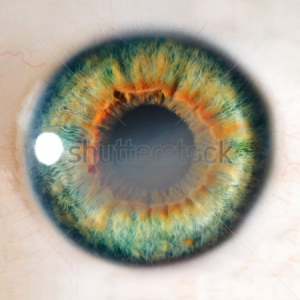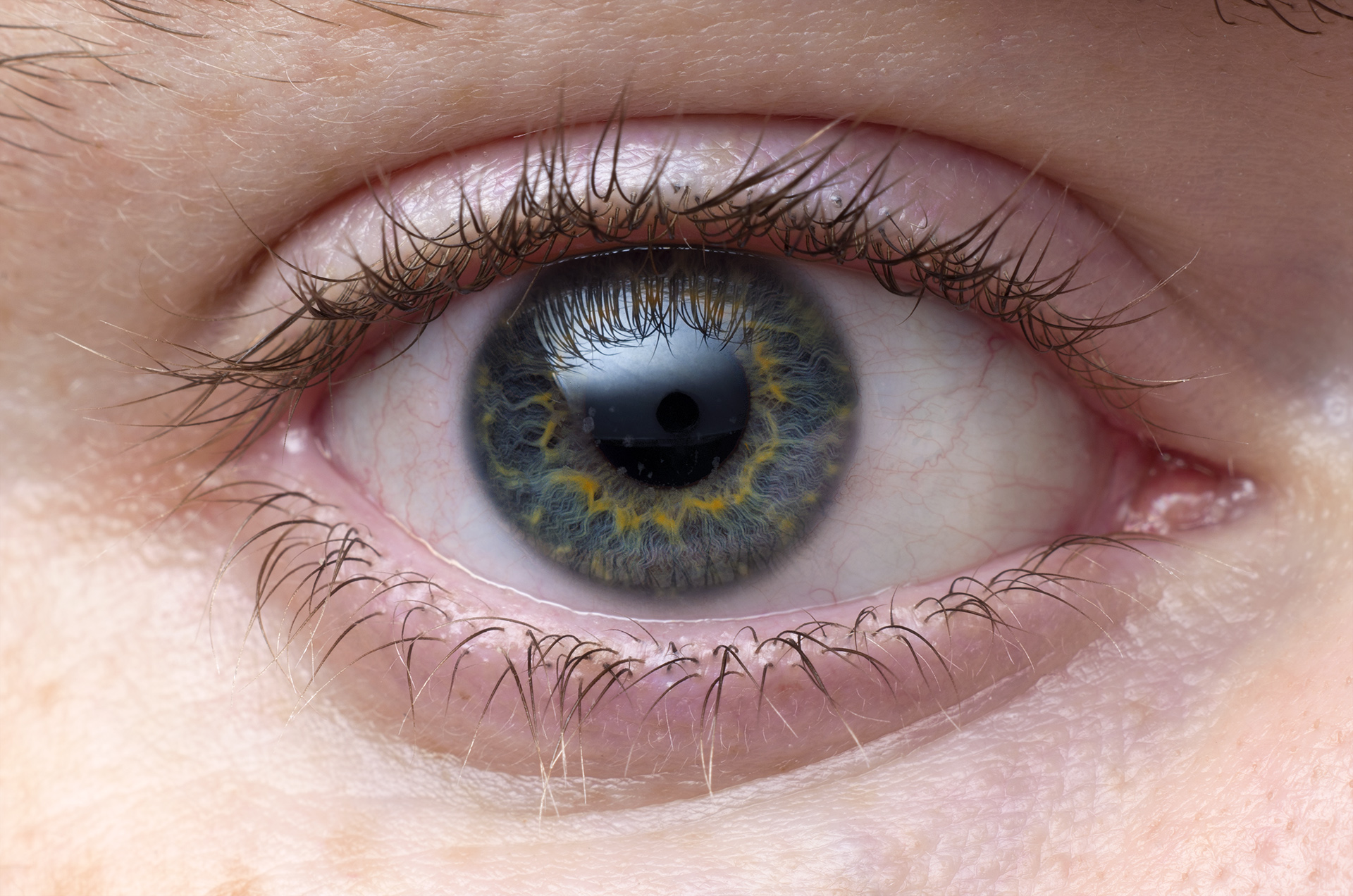
Corneal Scar
THE TECHNOLOGY
The bioengineered cornea is made from type III human collagen cross-linked with biopolymers, and has been tested for biocompatibility in animal models and human patients.
THE SOLUTION
Cornea Biosciences™ is helping to meet that need with its bioengineered corneas. The company’s corneas are the result of over ten years of research conducted at the University of Ottawa, Canada and Linkoping University in Sweden. This type of cornea is made from Type III recombinant human collagen cross-linked with biopolymers, and has been extensively tested for biocompatability in rabbits, dogs, and pigs.
After four years in a human clinical trial conducted in Sweden, the bioengineered cornea has shown a remarkable compatibility with no signs of rejection. This cornea behaves in many ways like a human cornea – epithelial cells quickly regrow over the surface and cornea nerves regrow into the matrix of the cornea. Thus, patients report the sensation of touch is restored.
The company’s cornea is expected to have a minimal shelf life of six months; whereas, human cadaver corneas quickly deteriorate after 15 days.
The new tissue engineered corneas will not replace human tissue rather they will be supplemental. As such, they could restore sight to millions of people who have suffered debilitating loss of vision due to corneal disease or injury. Many of these people will be able to once again lead normal, productive lives.

